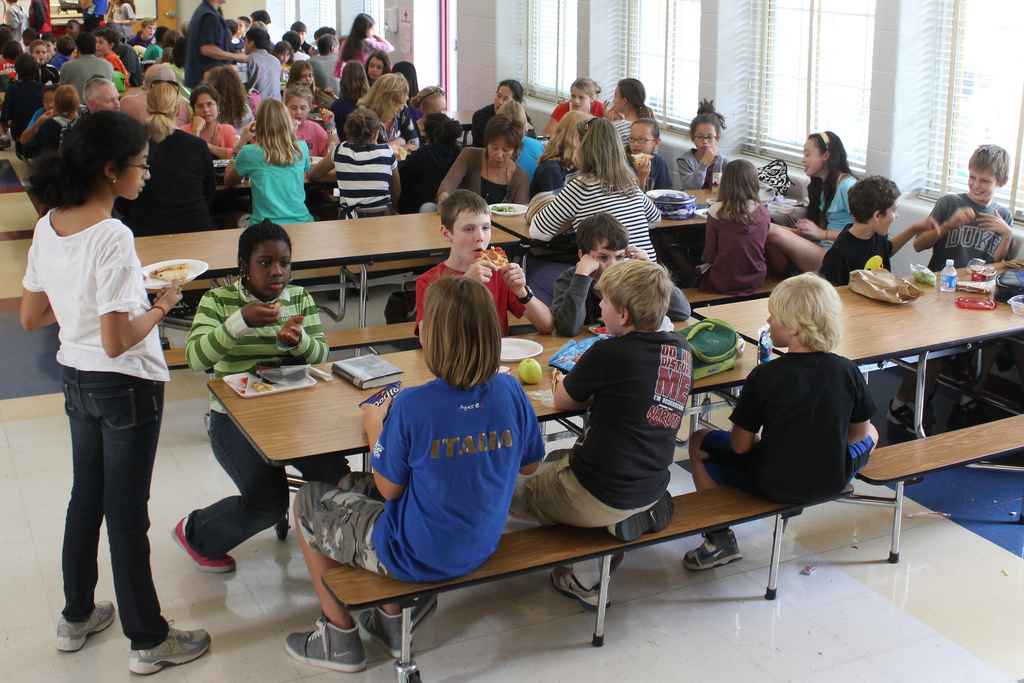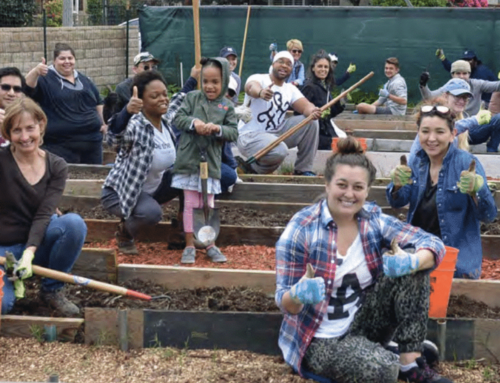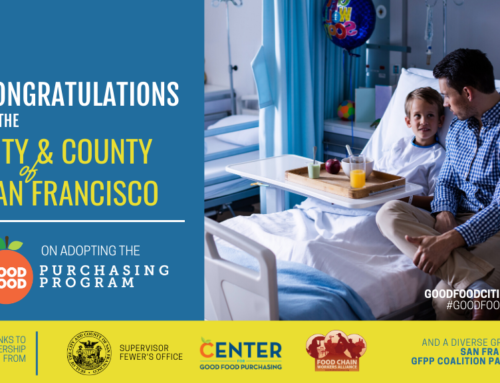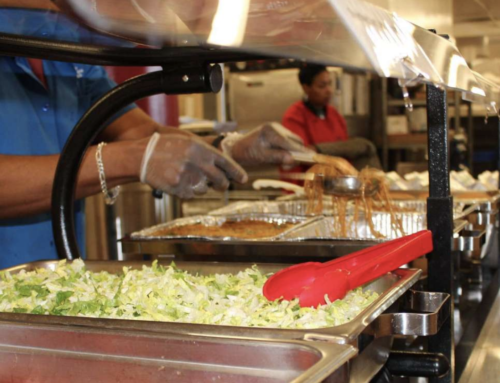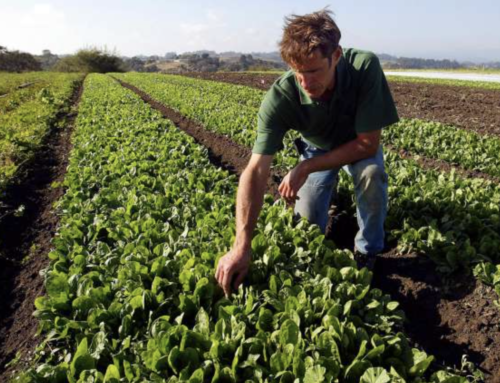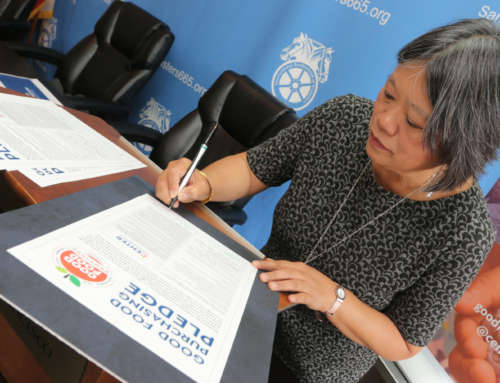The vendors that supply food served at San Francisco’s public schools will be asked to fork over information on the sources of their meals and snacks under a resolution approved unanimously Tuesday by the Board of Education.
The San Francisco Unified School District does not currently know where the produce, meats, grains and dairy products originate, which cost alongside other food services more than $11 million and make up some 6 million school meals per year.
But that is expected to change within the next six months.
“We spend millions of dollars a year on food service,” said Board of Education President Matt Haney. “We want to know where our food is coming from and who we’re spending our money with.”
Once the data is given to the district, the SFUSD will look over the origins of the food within the year to determine whether they meet a list of standards proposed in the resolution, which were modeled after Los Angeles’ Good Food Purchasing Program that started in 2012.
Those values include buying from local farms and food processing operations that produce healthy foods, have good working conditions for their laborers, are environmentally sustainable and treat animals humanely.
After a year, the district will “set specific goals and targets to develop a multi-year plan to get to the place where we want to be,” said Orla O’Keeffe, SFUSD executive director of policy and operations. Such an effort might include adding the standards to the bidding process for new food suppliers, or deciding how to keep suppliers accountable.
“[The resolution] could affect who we choose to have in our service providers, which allows us to bring more light and transparency on where our food is coming from and how it is being prepared,” Haney said.
O’Keeffe, who heads the food and wellness initiatives for the district, said she expects the district’s primary provider of school meals, Revolution Foods, to be in line with the standards. The company provides all meals at SFUSD elementary schools and most at middle and high schools.
Haney, who co-sponsored the resolution alongside Commissioner Sandra Fewer and Vice President Shamann Walton, said the proposal was spurred by the local Teamsters union that has concerns about the working conditions at a farm in Tracy.
“The school district doesn’t know where all of their produce and foods come from,” said Doug Bloch, political director with Teamsters Joint Council 7. “This will get the ball rolling for the school district to find out who is in their supply chain.”
Bloch said the union first pushed good food purchasing policies in Oakland, where the school district served products from Taylor Farms in Tracy. That farm has reportedly been scrutinized by the union and Cal/OSHA for poor working conditions.
Revolution Foods did not immediately respond to a San Francisco Examiner inquiry asking where its products come from. According to a presentation from the company on the SFUSD website, Revolution Foods has family farms from Northern California and other independent farmers from around the country in its supply chain.
The resolution is the latest step for the district amid an overhaul of school lunches.
Hoping to make eating nutritious foods more appealing to students, the SFUSD has transformed cafeterias at eight schools into spaces that look like tech startups since last August. The district plans to redesign 10 more by the end of next school year.
The district also plans to introduce a mobile app for student feedback on lunches, among other initiatives.
